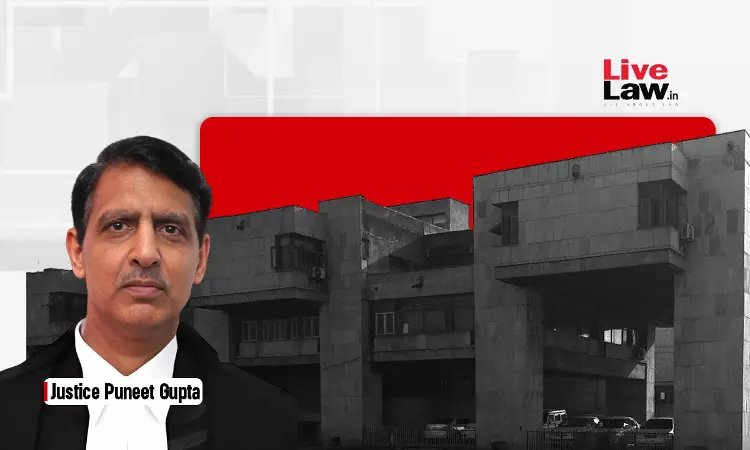While acknowledging the principle of not ordinarily interfering with the detaining authority's subjective satisfaction, the Jammu and Kashmir and Ladakh High Court on Wednesday clarified that this principle does not preclude the court from examining the material that forms the basis of detention.Justice Puneet Gupta found that while the detention order need not be preceded by a police case,...

